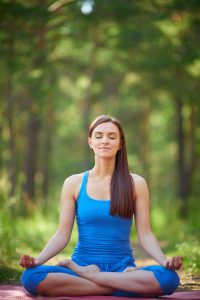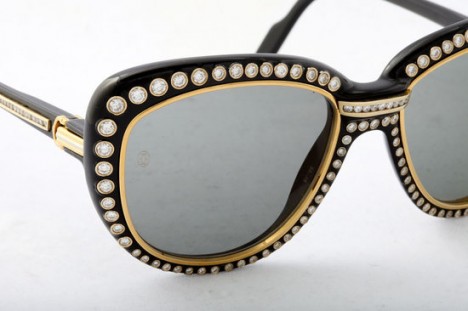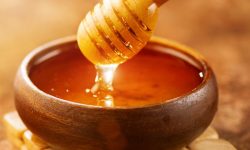Physical and non Physical aspects of Beauty
Physical Aspects of Beauty:

- Facial Features: Facial features such as symmetry, proportion, and harmony are often associated with physical beauty. These include attributes like well-defined cheekbones, a balanced nose, expressive eyes, and a pleasing smile.
- Body Proportions: Proportions and symmetry in the body are considered aesthetically pleasing. This can include features like an hourglass figure for women or a V-shaped physique for men. However, beauty comes in diverse body shapes and sizes, and the emphasis on specific proportions varies across cultures and time periods.

- Skin: Clear, smooth, and radiant skin is often seen as a desirable physical trait. Factors like an even complexion, healthy glow, and absence of blemishes contribute to the perception of beauty.
- Hair: Hair texture, color, and style play a significant role in physical attractiveness. Thick, shiny, and lustrous hair is often associated with beauty, as are hairstyles that enhance facial features and complement personal style.
- Physical Fitness: A fit and healthy body are often associated with beauty. This can include attributes such as muscle tone, overall body strength, and a healthy weight. However, beauty is not limited to specific body types, and diverse forms are celebrated.
Non-Physical Aspects of Beauty:
- Inner Qualities: Beauty extends beyond physical appearance and encompasses inner qualities such as kindness, compassion, empathy, intelligence, and confidence. These qualities contribute to an individual’s character, how they interact with others, and how they radiate positivity and warmth.
- Authenticity: Being true to oneself and embracing authenticity is considered beautiful. It involves having the confidence to express one’s unique personality, passions, and beliefs, without conforming to societal expectations or pressures.
- Intelligence and Creativity: Mental attributes such as intelligence, creativity, and a curious mind are often associated with beauty. The ability to engage in stimulating conversations, think critically, and express oneself creatively can enhance one’s attractiveness.
- Emotional Intelligence: Emotional intelligence, including empathy, understanding, and emotional awareness, is a highly regarded non-physical aspect of beauty. The ability to connect with others on an emotional level and demonstrate empathy is seen as a beautiful quality.
- Confidence and Self-Love: Confidence and self-love are attractive qualities that radiate from within. Having a positive self-image, accepting oneself, and embracing self-worth contribute to an individual’s overall beauty and attractiveness.
It is important to note that the perception of physical and non-physical beauty is subjective and can vary across individuals, cultures, and time periods. Beauty encompasses a broad range of qualities, and embracing the uniqueness of each person’s physical and non-physical attributes is essential in promoting inclusivity and a more holistic understanding of beauty.
Beauty, at its core, is a deeply subjective experience. It varies from person to person, shaped by individual preferences, perspectives, and life experiences. What one person finds captivating, another might overlook. This subjectivity highlights the importance of embracing diverse perceptions and celebrating the unique interpretations of beauty. It reminds us that beauty is not confined to a singular definition, but rather a kaleidoscope of possibilities that adds richness to our collective human experience.
While external beauty often garners attention, it is essential to recognize and cultivate the beauty within ourselves. True beauty encompasses qualities such as kindness, compassion, authenticity, and resilience. Nurturing these inner qualities enhances our relationships, cultivates self-acceptance, and radiates a profound beauty that shines through our actions and interactions with others. Embracing the beauty within us allows us to navigate life with grace, authenticity, and a genuine appreciation for the beauty that surrounds us.
Beauty, with its subjective nature, cultural influences, and transformative power, continues to enchant and inspire humanity. By embracing diverse perceptions, challenging restrictive standards, and nurturing our inner beauty, we embark on a journey of self-discovery and appreciation for the captivating beauty that permeates our lives.







